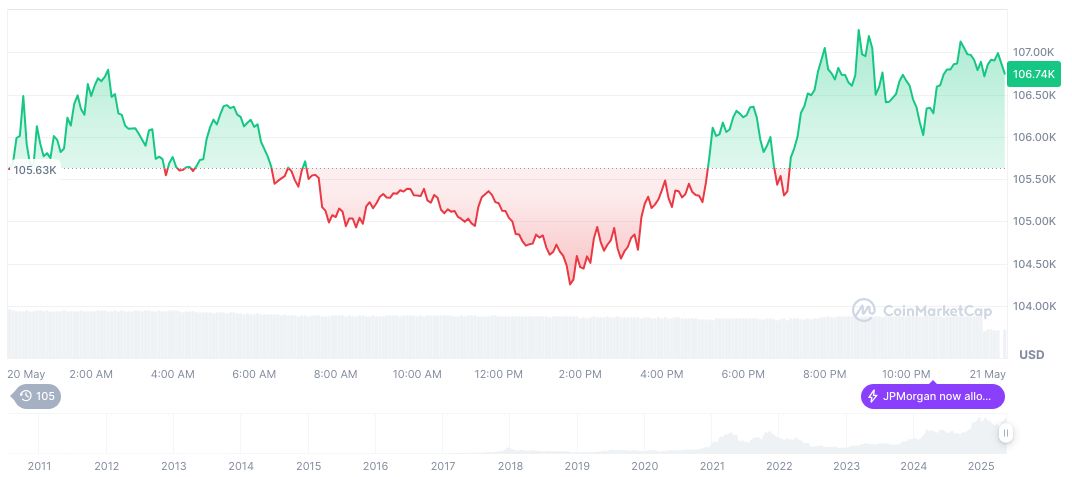





































China Flags Unauthorized User Data Collection by AI Apps
 AI
AI
 BTC
BTC
 SUMMIT
SUMMIT
 FRONT
FRONT
 CYBER
CYBER
- Apps Zhipu Qingyan and Kimi accused of unauthorized data collection.
- No official response yet from involved companies.
- Incident raises privacy concerns as scrutiny heightens.
PANews reported on May 21 that the National Cyber Security Reporting Center in China disclosed unauthorized data collection by popular AI apps, Zhipu Qingyan and Kimi, during April 16 to May 15 via the App Store.
The revelations underscore the ongoing scrutiny of data privacy practices in China and how compliance actions influence app operations.
China Accuses AI Apps of Excess Data Collection
The National Cyber Security Reporting Center's findings have implicated two popular applications, Zhipu Qingyan and Kimi, in unauthorized data collection practices. The report named Zhipu Qingyan for collecting more information than authorized, while Kimi obtained irrelevant data unrelated to its business functionality. Disclosures followed a detection period from April 16 to May 15, documented through the App Store. Neither Zhipu AI nor Kimi has issued public statements to address these findings. Regulatory emphasis on data privacy is expected to necessitate changes among app developers and could guide cautious user behavior moving forward. Zhipu AI, led by CEO Zhang Peng, has a history of public compliance on issues but remains silent on the current allegations. The company maintains a significant role in China's AI scene, with substantial backing from major investors like Alibaba and Tencent. “Being added to the Entity List will not substantially affect our business. We possess our own core large-model technology,” said Zhang Peng, CEO of Zhipu AI.
From CoinMarketCap data as of May 21, 2025, Bitcoin (BTC) is priced at $107,081.09 with a market cap of $2.13 trillion. It holds a 63.03% market dominance. Recent trading volume experienced an 18.72% drop. Over the past month, Bitcoin increased by 22.73%.
Did you know? Data privacy scrutiny in China has previously led to mandatory updates for apps deemed non-compliant, emphasizing stringent compliance requirements in the tech industry.
Tighter Privacy Regulations Likely as Bitcoin Sees a Surge
Did you know? Insert a historical or comparative fact related to this topic.
Experts from Coincu highlight potential regulatory tightening as a consequence of these findings. Incidents like these often lead to stricter privacy governance, requiring AI firms to adapt technological backends to adhere to compliance demands while managing user trust carefully. This has been corroborated by events such as the Frontier AI Safety Commitments - AI Seoul Summit 2024, which focused on global standards in data privacy and security.

Experts from Coincu highlight potential regulatory tightening as a consequence of these findings. Incidents like these often lead to stricter privacy governance, requiring AI firms to adapt technological backends to adhere to compliance demands while managing user trust carefully. This has been corroborated by events such as the Frontier AI Safety Commitments - AI Seoul Summit 2024, which focused on global standards in data privacy and security.
Read original article on coincu.com
